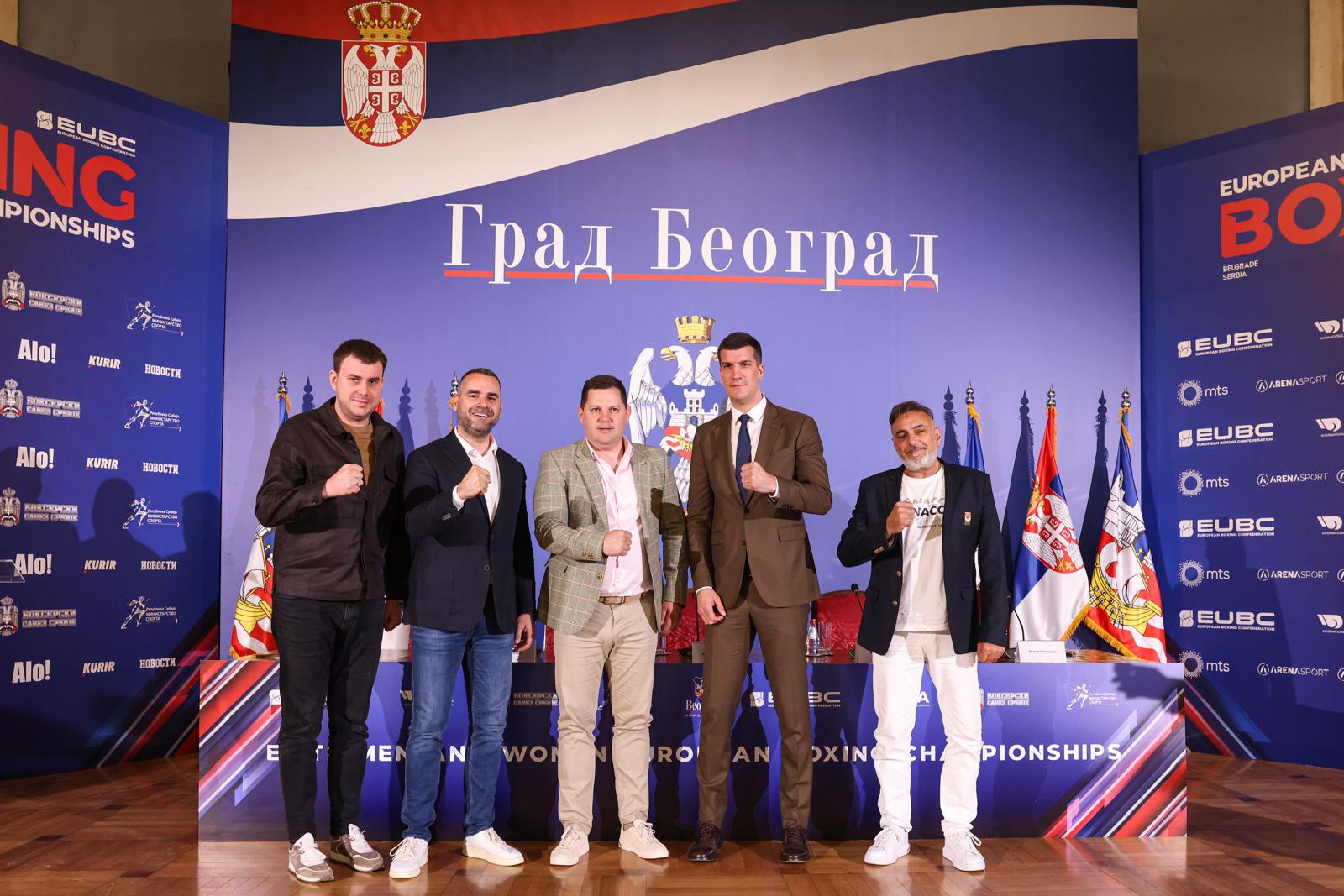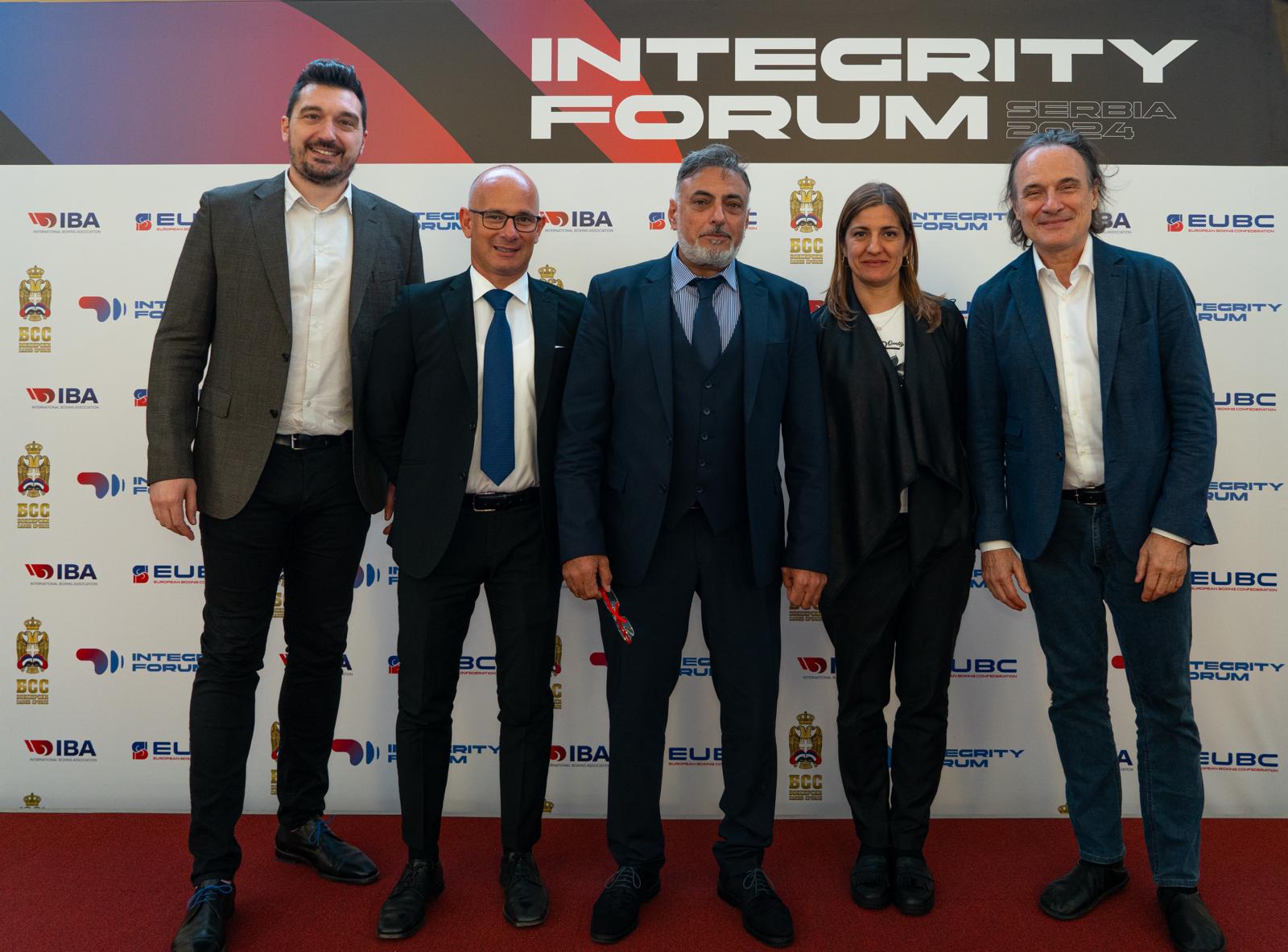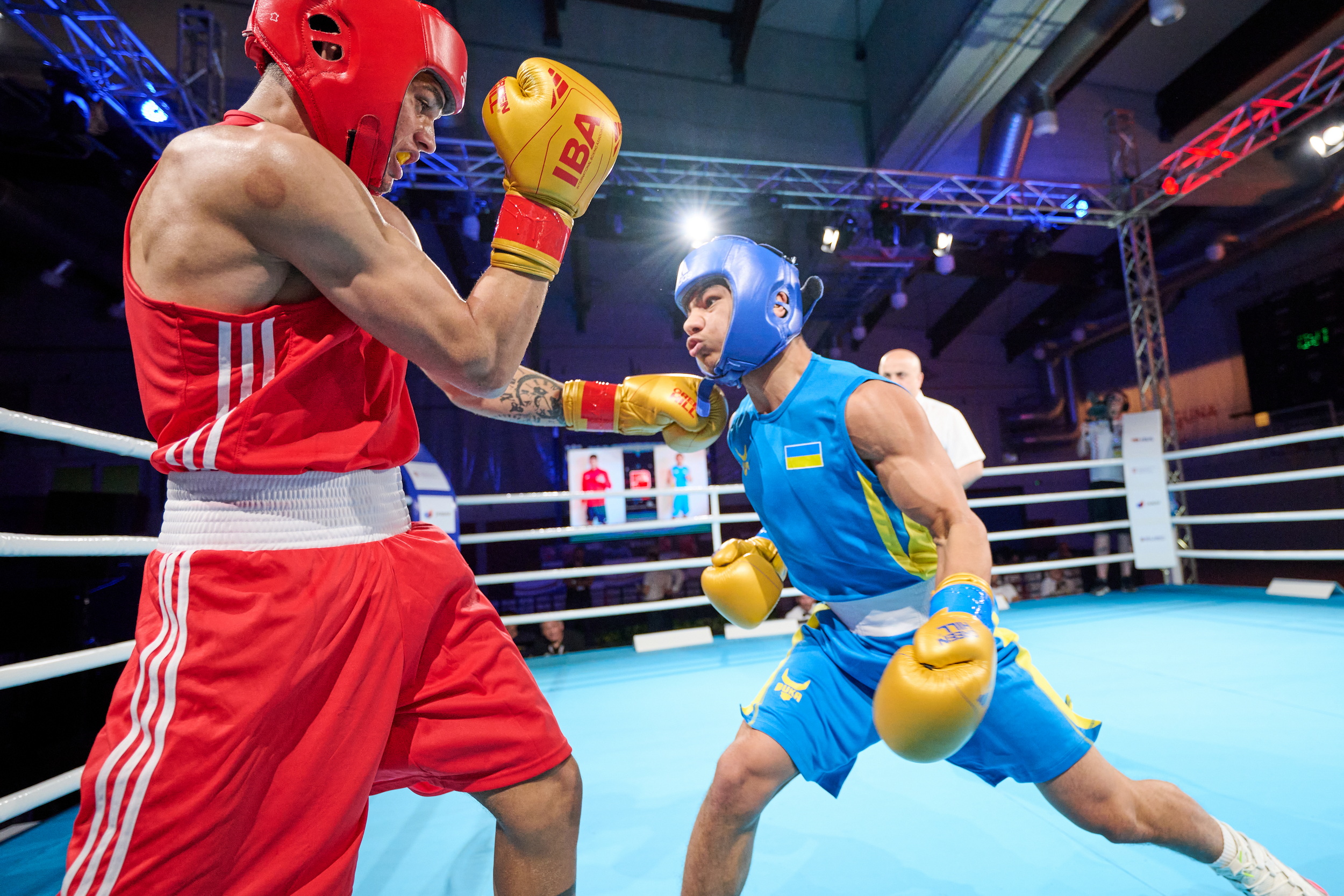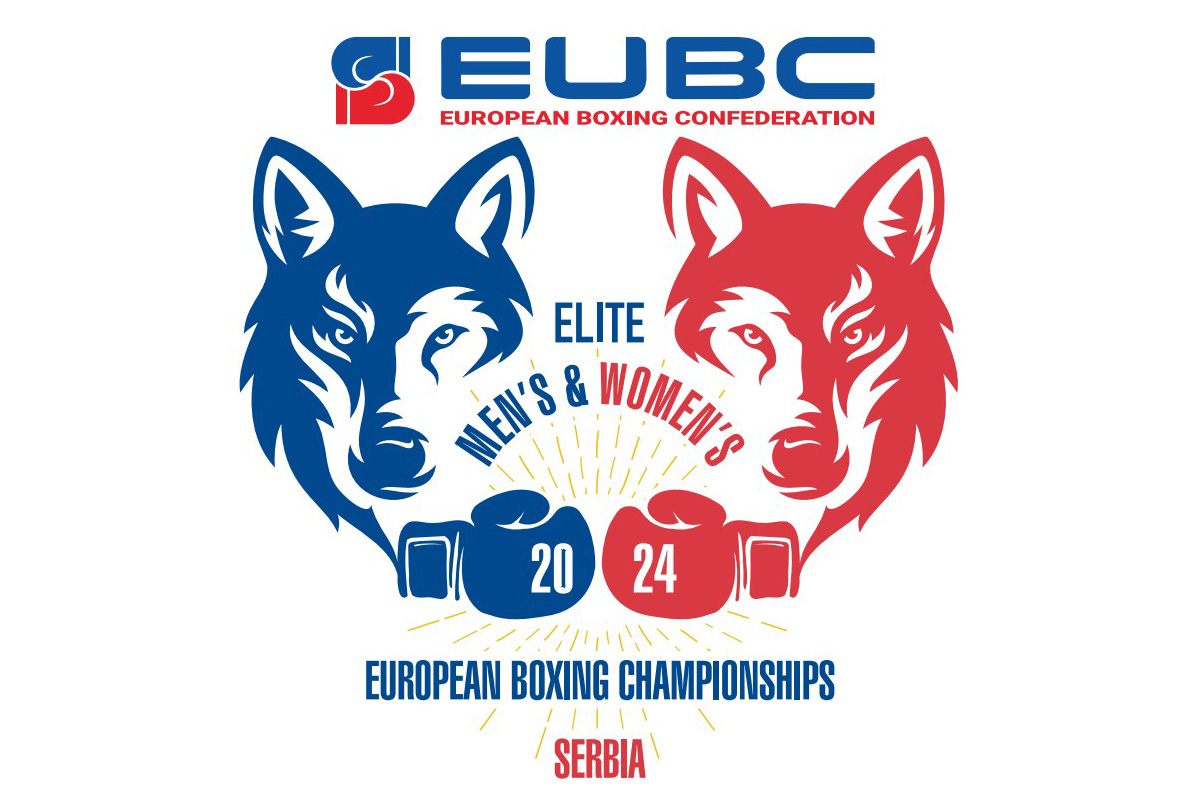news
featured

A press conference in Belgrade discussed details of the EUBC Elite Man and Woman Boxing championship…
…
337 boxers will fight in Belgrade
The EUBC Elite Men and Women European Boxing Championships is ready to start in Belgrade, Serbia. Technical Meeting and Officia…

Ukraine, England and Ireland are the best teams in Porec
First European Championships in this year was successfully finished in Porec, Croatia. The best European boxers among youth men and women…
events
upcoming
BOXAM INTERNATIONAL TOURNAMENT 2023 FOR JUNIOR, YOUTH AND U22
INTERNATIONAL BOXING TOURNAMENT "LAH NIMANI"
7 TH JUNIORS NATIONS CUP – 2023 VRBAS SERBIA
XXXVIII FELIKS STAMM INTERNATIONAL BOXING TOURNAMENT
OPEN REGIONAL BOXING TOURNAMENT IN MEMORY OF ABSOLUTE CHAMPION OF THE USSR A. YUKOV
INTERNATIONAL BOXING TOURNAMENT «KONSTANTIN KOROTKOV MEMORIAL»
EINDHOVEN CUP
72TH BORNEMISSZA GERGELY INTERNATIONAL BOXING TOURNAMENT
INTERNATIONAL BOXING TOURNAMENT NAMED AFTER V.BATVINNIK
III EUROPEAN GAMES
EUBC JUNIOR EUROPEAN BOXING CHAMPIONSHIPS
BRANDENBURG CUP



